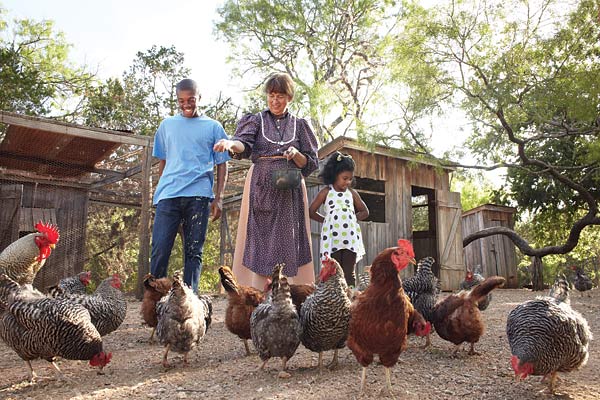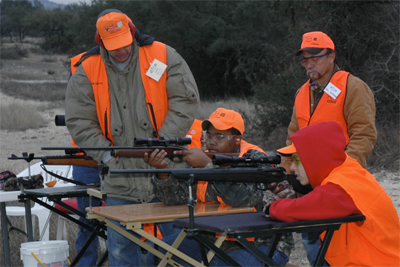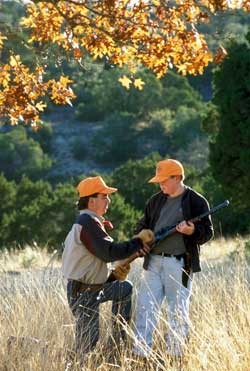Living History: Sauer Beckmann Farm
Friday, June 28th, 2013This is passport to Texas
The Sauer-Beckmann Living History Farm in Stonewall offers visitors a glimpse of life at a turn of the [20th] century Texas German farmstead. Virginia Grona is a site interpreter.
Interpretation for us here at the farm is actually living life early nineteen hundreds to about nineteen eighteen.
That includes wearing period clothing, cooking on a wood stove, tending farm animals, and whatever needs doing on the farm…without the convenience of motorized farm equipment, running water or electricity.
We’re doing it all because we want the visitors to see life like it would have been before electricity and running water. So, we literally work it with those limitations.
Women’s work was extremely physical then, says Grona, and, she adds, those gals were tough.
And you had to be. But everybody was. A lot of people say, well, I couldn’t have done it, but I say, you didn’t have a choice. You had better than your mother had, hopefully, but you don’t know what’s coming, so you just live with what you had at the moment.
Although men and women had different farm jobs, when necessary, everyone worked together.
When things have to be done—whether it’s crops brought in or something major going on—everybody had to work together. That’s the only way a family is going to make it—when everybody’s working together.
Many hands make light work in any century.
That’s our show… For Texas Parks and Wildlife…I’m Cecilia Nasti.







 Passport to Texas is a
Passport to Texas is a  Passport to Texas is made available by:
Passport to Texas is made available by: